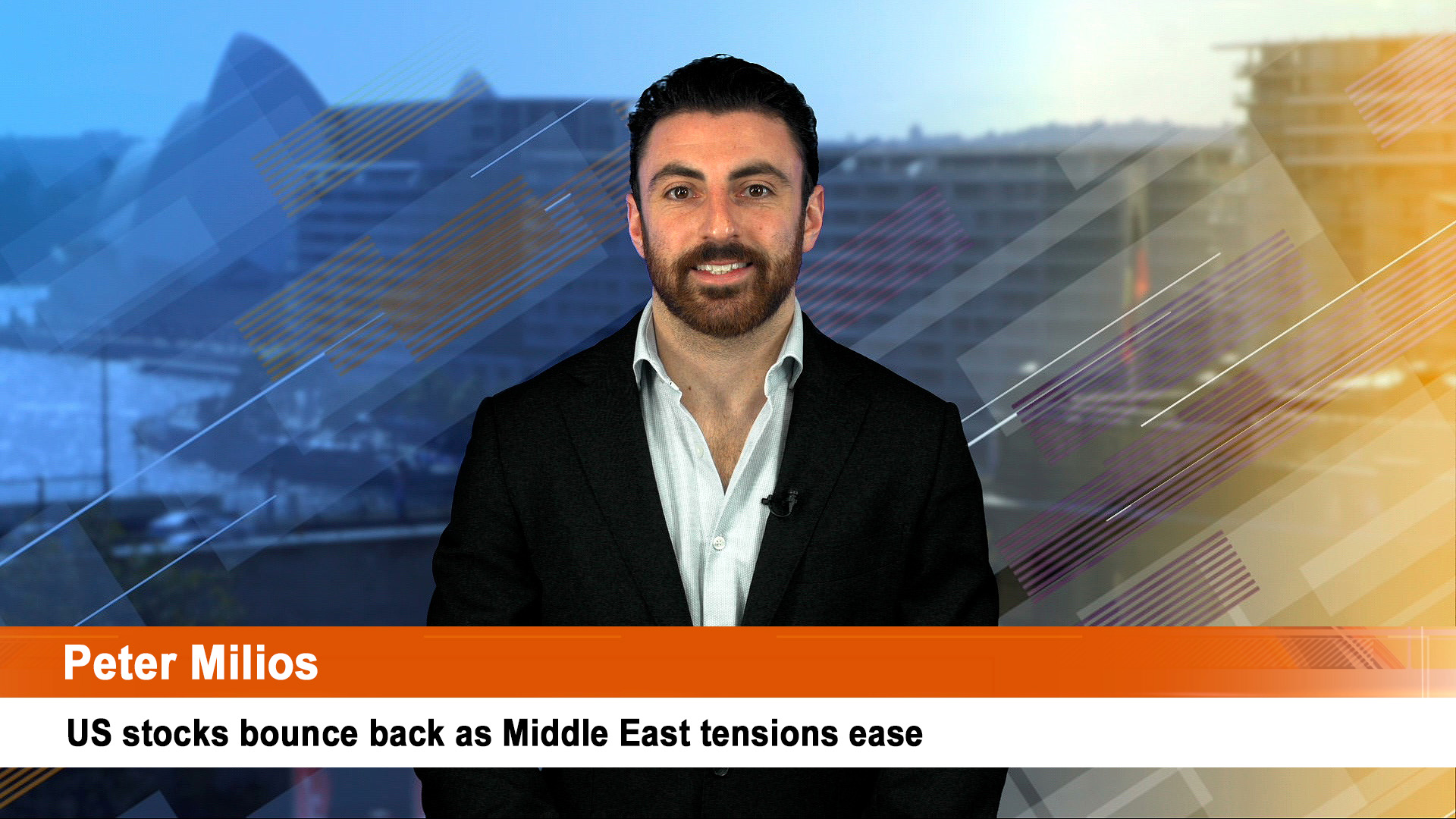After releasing a FY21 result with virtually all major numbers heading emphatically north, Perth-based real estate disruptor The Agency Limited (ASX: AU1) is feeling buoyant about the future – quite justifiably.
“In a pandemic-interrupted year, and given all the challenges that has thrown at the real estate industry, the thing we’re happiest with is pretty significant out-performance of the real estate market, in terms of the transactions we handled,” says The Agency group chief executive officer, Geoff Lucas. “We grew our transaction numbers by 58%, versus ‘system growth’ of 41% – that is, the transaction increase experienced across the national real estate market in the year.
“We very much concede that our numbers are coming off a low base, but we feel that’s pretty significant, and very heartening,” Lucas says.
Aside from that metric, The Agency’s key FY21 figures were:
- Revenue up 39%, to $58.4 million
- Gross commission income (GCI) up 69%, to $80.7 million
- Average GCI per agent up 57%.
- Listings up 30%, to 5,137
- Gross value of sales up 65%, to $4.8 billion
- EBITDA (earnings before interest, tax, depreciation and amortisation) up 6.4 times (after AASB 16 leases adjustment), to $4.57 million
- net loss after tax (non-cash) of $1.86 million, improved from $9.1 million net loss in FY20.
- Borrowings down 32%, to $8.4 million
- Net assets up 18%, to $13.7 million
At this stage of The Agency’s growth, the “crucial operating metrics” are “market share, GCI and scale, all of course within the parameters of delivering exceptional customer service and results for our clients,” says Lucas. “From a CEO’s perspective, earnings is always going to be the most important number, but there are things we have to build-in before we’re turning a net profit. Our business proposition is all about disrupting the highly fragmented Australian real estate industry, by being the entity that enables the best agents to do what they do best – which is selling houses – with The Agency handling everything else that their business requires.”
Lucas says this proposition is based on partnering directly with the agent, rather than through a franchisee,and “delivering them a greater split of the commission pie” than they currently get as franchisees or employees. “We’re coming from a very low base – we’re about 1% market share nationally at the moment – but what we have to do is one, build scale, and two, show agents that we’re growing their commissions, which is where their earnings come from. We have to grow GCI both in quantum, and per-agent, and this result is very important for that.”
The real estate industry is dealing with rapid disruption, and The Agency is “in the thick of it,” Lucas says. “It’s like a lot of industries, in that the end-consumer has been far more empowered than ever before. It used to be that if you wanted to buy or sell a house, the purveyor of all of the information was the real estate agent. They had the data and you have to ask them.
“But the world has changed. Savvy consumers, using advancements in technology, and maybe using an advocate, can do a lot of it themselves. There’s less value in the value chain, and the best agents need a structure that retains as much of it for them as possible. Our model, where we provide all the branding, marketing, training, administration, compliance and technical support, means the agents are not losing value to their franchisee’s expensive office fitout, or branding. In our model, which is based on the agents being partners of The Agency, the agents are receiving anywhere from 65% to 80% of the commission, depending on the volume they’re generating. As we build scale, that model becomes increasingly attractive to the best agents.”
One of the “most important things” that happened in FY21 was that The Agency achieved a level of scale that covered overhead, Lucas says. “Market share and scale are very important for us. Growth in GCI and hence revenue, when it comes through, after we cover our costs, starts to fall through to the EBITDA line. This result clearly shows that. Now that our business model has achieved profitable scale, our focus shifts to high-quality agent recruitment, to continue to drive growth. Because our cost base is largely fixed, revenue from any future recruitment directly flows-through to the EBITDA line.”
Agent numbers rose by 25, or 8.8%, to 308 in FY21. The mix is dominated by Western Australia (145 agents) and New South Wales (138), with 22 in Victoria and three in Queensland (which has since grown to 12). Lucas says recruitment in Victoria is a high priority.
“We’ve got priorities everywhere, because we’re only 1% market share nationally, but it’s fair to say Victoria is a priority. It’s a wonderful market, it has historically been very difficult to break into, but it’s a rebounding real estate market that’s very important to us. That’s not to de-prioritise the things that we’re doing in Western Australia, and New South Wales, and Queensland – we only started-up in Queensland four months ago, and we’re starting to generate some very good momentum there. These markets are all coming out of COVID at different paces, but we’re pretty excited about the activity levels we’re seeing,” Lucas says.
Mainly because of amortisation of the rent roll, The Agency ended FY21 with a non-cash net loss after tax of $1.9 million. After the sale of the Western Australian rent roll in September 2020, to pay-down debt, The Agency’s eastern seaboard rent roll and loan book is valued at about $25 million. Cash at bank stands at $5.7 million.
“The rent roll is important to us, it and the loan book contribute about $8 million a year in annuity income to the business, but more importantly, it’s a roll of about 3,500 properties – properties are always coming off that for sale, and we see it as a really good ‘touch-point’ with the customers, our agents can develop a rapport with those owners. Ultimately, property management is an important part of a good agent’s business,” says Lucas.
With a strengthened financial position, Lucas says The Agency is well-poised to build further scale, increase its agent numbers and spring into 2022 on the back of a rebounding property market. Consolidation of the highly fragmented market, with total addressable market commissions of about $5.3 billion a year, remains a significant opportunity. “Our model and leadership style positions us well to lead consolidation and market share growth” says Lucas.













